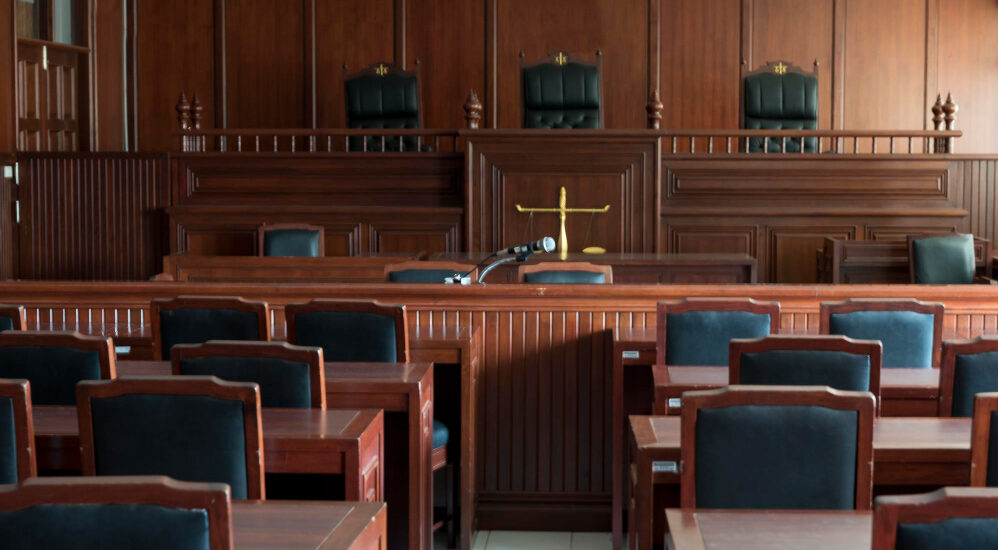Judge Rowley warns Mazur case already cited in court, with privilege set to complicate disputes
The fallout from the recent Mazur ruling is already making its way into the courts, with the Senior Costs Judge warning that questions of privilege could present major hurdles for firms.
Speaking at the Costs Law Reports conference in London, Senior Costs Judge Jason Rowley revealed that the case has already been cited before him. He described the issue as one of evidence, explaining that parties raising allegations will need to produce material from court documents, while those defending themselves may struggle to show documents that are otherwise privileged. He drew a parallel with wasted costs applications, where similar barriers arise.
The Mazur decision, handed down earlier this month by Mr Justice Sheldon in the High Court, has unsettled many in the profession. The judge held that non-authorised employees may assist a solicitor in conducting litigation but cannot themselves conduct litigation under supervision. The ruling has prompted concern across the sector about established business models, routes to qualification and the use of paralegals and other support staff in litigation work.
Judge Rowley compared the situation to the 1999 case of Pearless De Rougemont & Co v Pilbrow, where the Court of Appeal ruled that a law firm which misled a client into thinking they were advised by a solicitor, when in fact they were not, could not recover its fees. He reminded his audience that solicitors have “always” been held to a higher standard, recalling the emphasis on ethics and conduct during legal training. Without that training, he suggested, there was a risk individuals would not apply the same professional standards when faced with difficult disclosure decisions.
Embed from Getty Images
The debate has spread widely online, with compliance experts, regulators and practitioners all weighing in. Compliance consultancy Infolegal described Mazur as “a watershed moment for litigation practice”, arguing that it demands a complete redesign of workflows, supervision and costs recording. Its guidance urged firms to ensure reserved activities are carried out solely by authorised individuals, warning that costs recovery, regulatory standing and professional reputation could all be jeopardised otherwise.
Particular focus has fallen on chartered legal executives. While those qualifying under the CILEX Professional Qualification introduced in 2021 have rights to conduct litigation and advocacy, earlier cohorts do not, unless they top up their qualification. Sally Green, a Fellow of CILEX and senior associate at Midlands firm Higgs, wrote on LinkedIn that she found the judgment “frustrating and insulting”. She argued that legal executives are qualified lawyers, rigorously tested in the skills needed for their roles, and that their competence has not been questioned.
CILEx Regulation responded by noting that the decision was consistent with its longstanding stance. It is preparing new guidance and intends to apply to the Legal Services Board for standalone litigation rights for chartered legal executives. CILEX itself said it was pushing for urgent clarification, stressing that the issue extends beyond its membership and affects the wider legal profession.
Practitioners are divided on the practical impact. Jamie Magill of JCLM Solicitors argued that fears are overstated, pointing out that juniors and paralegals routinely draft documents which are then reviewed and signed off by authorised solicitors. He suggested that while the judgment clarifies the boundary, it does not fundamentally change day-to-day practice.
Others remain unconvinced. Ben Dougal of TM Legal said supervision has always ensured that responsibility lies with solicitors, but he questioned whether the judgment creates new risks for firms reliant on paralegal-heavy models. Meanwhile, Luke Newton of MKB Solicitors, soon to qualify as a chartered legal executive, warned that imposing further restrictions risks reducing access to justice by cutting off cost-effective contributions from supervised paralegals.
The Mazur ruling has ignited a broader debate about how legal work is defined, regulated and valued. For now, Judge Rowley’s comments highlight the practical difficulties ahead, particularly where privilege blocks firms from showing evidence to defend their practices. The profession is bracing for more challenges as the full implications of the decision unfold.
